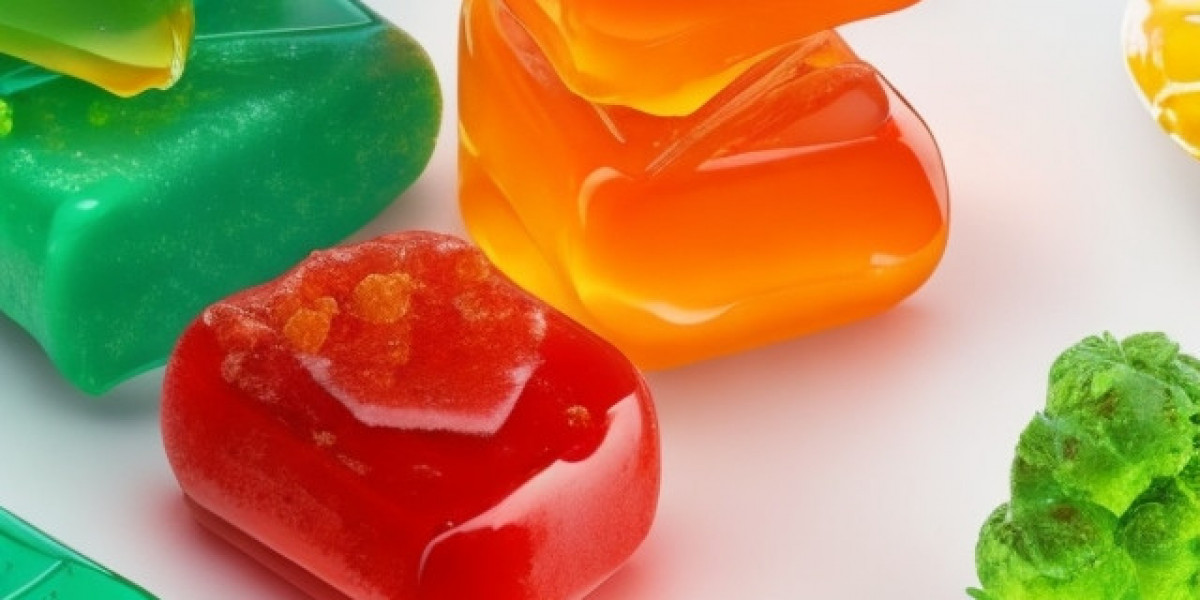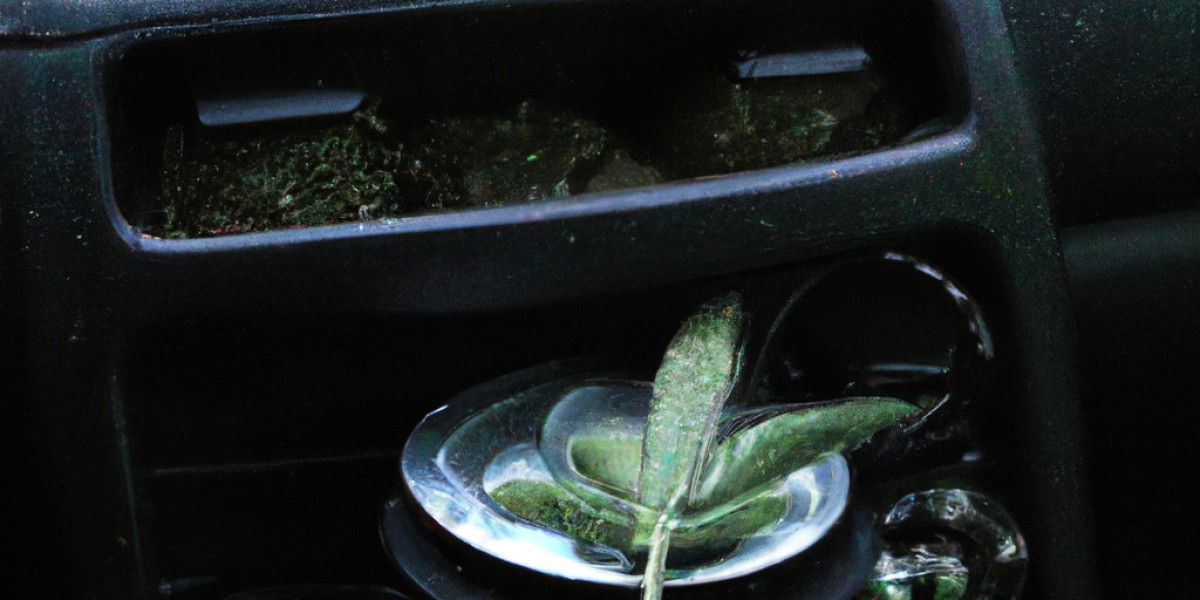A recent lawsuit over marijuana edibles and packaging raises the question whether cannabis companies are aiming to draw in adolescents as a possible market. The Wm. Wrigley Jr. Company, owned by candy mogul Mars Inc., filed lawsuits in May against five companies for selling cannabis-infused edibles that look like common candy products, including Skittles, Starburst and Life Savers. The lawsuits focus on image and intellectual property rights, but they also raised concerns about child safety.
A Mars Inc. spokeswoman told the New York Times the company is "deeply disturbed" by the products. Other candy companies, including the Hershey Company, Mondelez International and Ferrara Candy Company, have filed lawsuits in recent years, with most settled – usually with the smaller companies agreeing to halt production and sales of the offending products.
"The situation has become more and more egregious," said Christopher Gindlesperger, a spokesman for the National Confectioners Association. "The cannabis companies cannot and should not be allowed to tarnish existing brands at will. It creates consumer confusion."
Reports this year detail hundreds of cases in which children accidentally ingested edibles products. A Washington Post article cited incidents, including a 12-year-old in New Jersey who went to hospital after eating a large quantity of what looked like Skittles and a 3-year-old who needed emergency medical help after eating what looked like Nerds Rope but was a marijuana edible.
Poison control centers across the country reported around 554 cases of calls concerning children and accidental THC consumption, with about 400 of those cases about children 5 or younger.
More states have adopted legislation that legalizes the sale and use of cannabis and edibles products – 18, including New York, and with Alabama most recently joining the list, according to the New York Times. A growing market draws competition, with more companies looking to get a piece of the cannabis market. The effects of that expanding market, though, include an expanding consumer base as well as those new players seek to profit.
The sale of marijuana and cannabis products is restricted to age 21 and over in most cases, but recent studies examined the reach and effect of marketing in states that legalize cannabis sale and consumption, finding that teens often end up seeing marijuana promotions on social media.
A public health study authored by University of Massachusetts Amherst researcher Jennifer Whitehill found that 94% of adolescents surveyed said they had been exposed to marijuana marketing either on social media, print media or a billboard. A 2018 study lead by University of Wisconsin, Madison professor of pediatrics Dr. Megan Moreno found that some companies were flouting regulations on marketing, with social media posts that appeal to teens and promote therapeutic benefits.
The study noted around 1% of social media posts appeared to directly target teens, with one post explicitly showing a young person in the promotion, with several others using well-known cartoon characters, Reuters reported. With accidental consumption a constant issue, some regulatory boards are scrambling to institute new measures to prevent a further increase in cases – mostly by targeting edibles.
"When we look at accidental consumption, edibles are a primary issue," said Andrew Brisbo, executive director of the Marijuana Regulatory Agency in Michigan. "A young person won’t accidentally smoke a marijuana cigarette."
Source: https://www.foxbusiness.com/lifestyle/pot-companies-thc-edibles-candy-marketing-lawsuits



